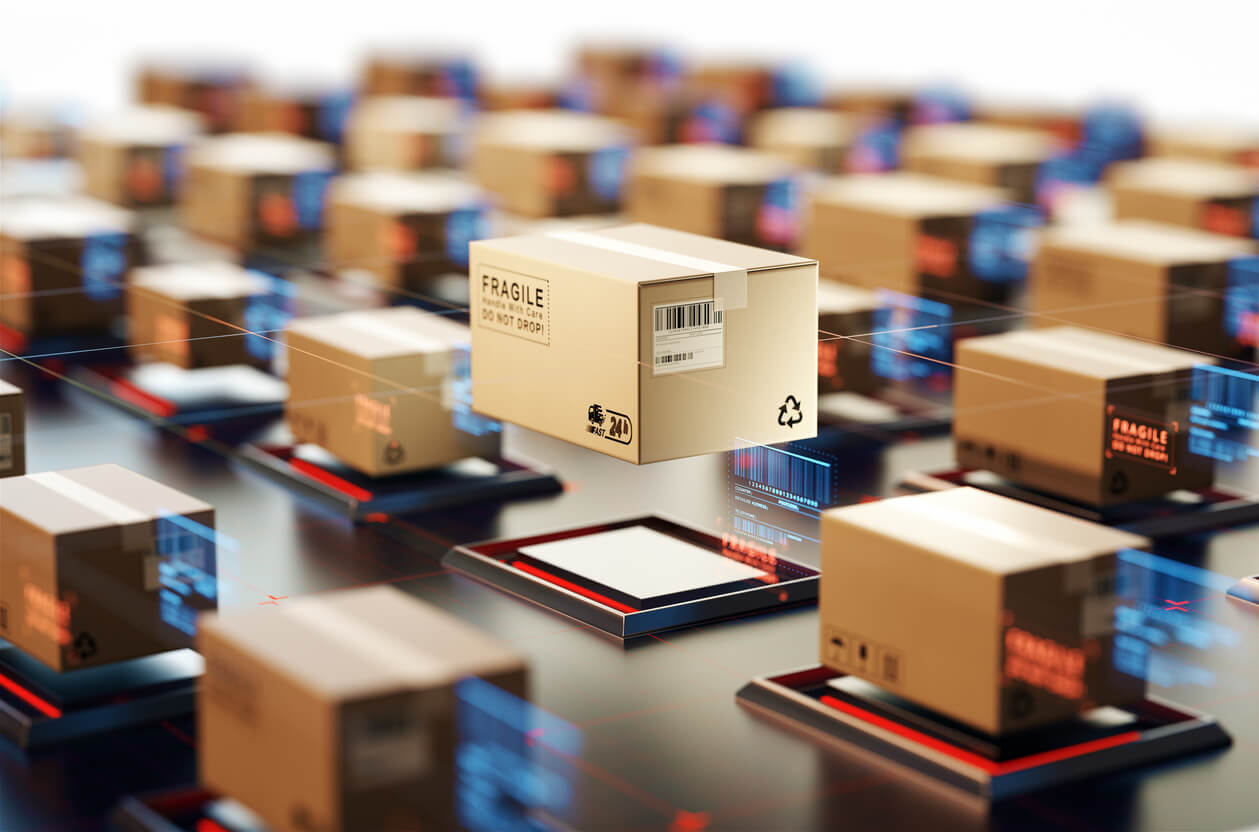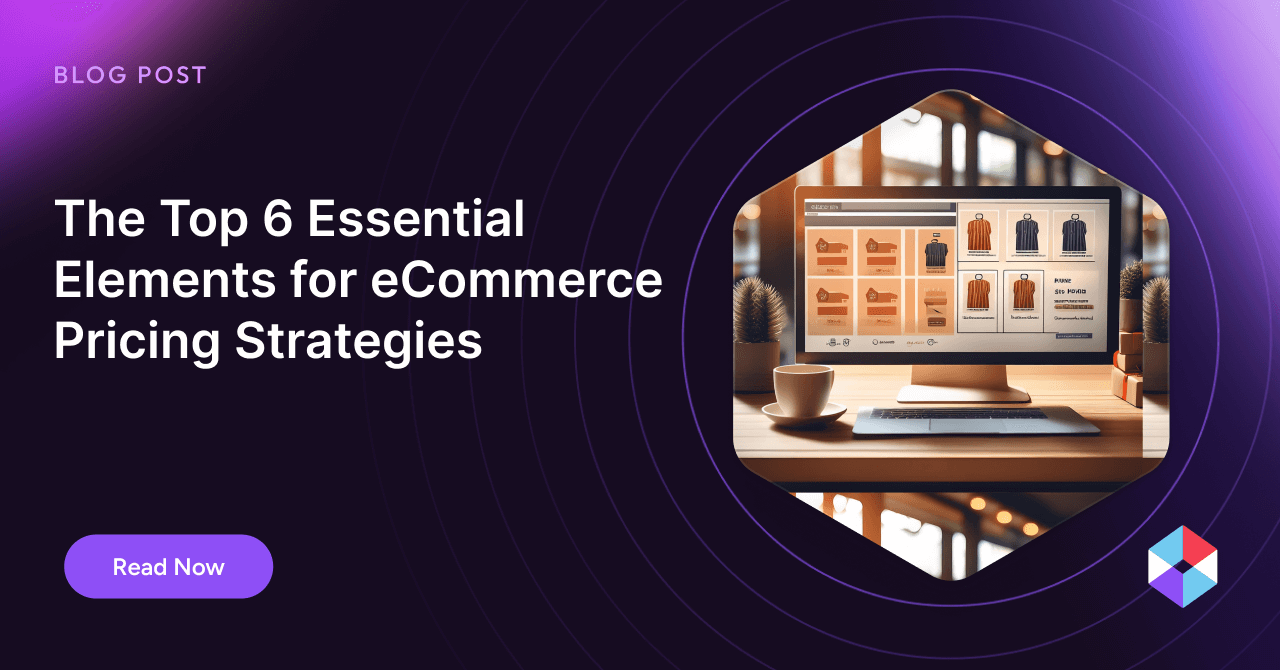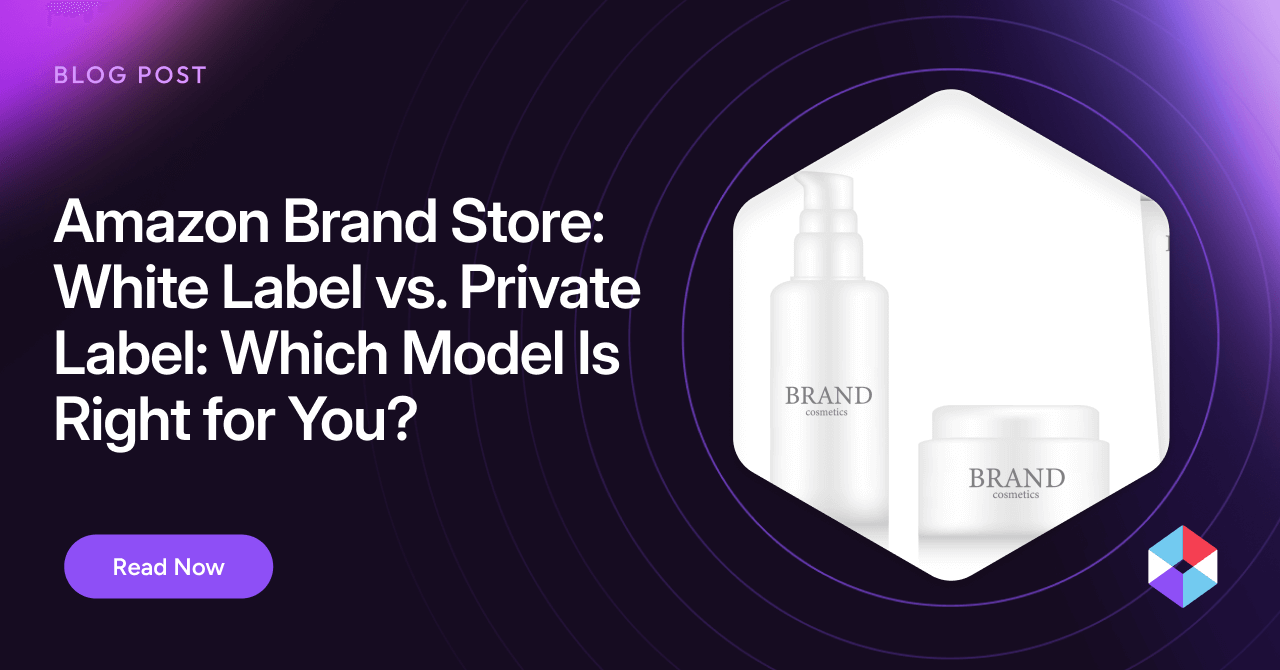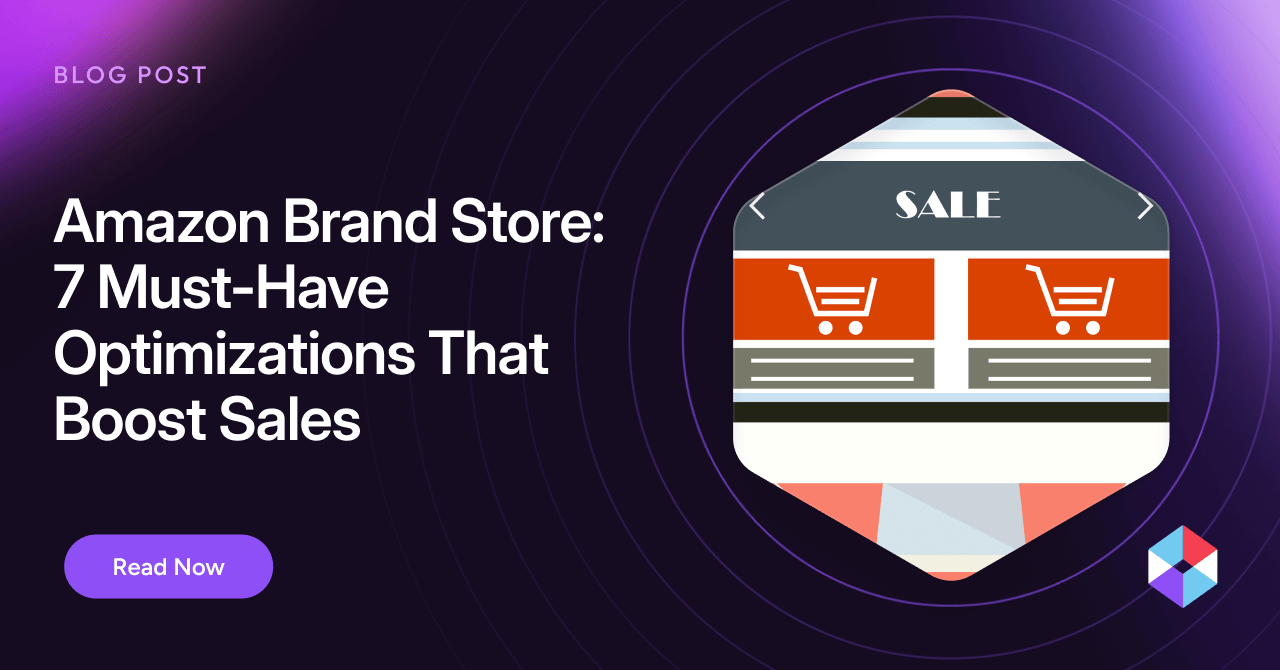A key success factor for RevOps is the ability to drive operational agility and provide customer-facing sales, marketing, and service executives with greater autonomy over their analytics and workflows.
“Overall, XOps will enable organizations to operationalize data and analytics to drive business value.”
Gartner Top 10 Data and Analytics Trends for 2021
Given that RevOps is all about intelligently automating revenue operations, it is no surprise that artificial intelligence has a crucial part to play. At Noogata we focus on solving a range of RevOps use cases, and we do that by offering a no-code AI platform that gives business users – whether they work in a sales, marketing, or service capacity – the autonomy to compose their own AI-driven workflows.
The following are just a few example use cases of how we help consumer goods companies be more intelligent in their revenue operations:
1) Customer data harmonization
Maintaining clean and accurate customer data is essential to all revenue-generating operations. Data can help sales execs identify cross/up-sell opportunities; it can help marketing execs better analyze and reach their target market; it can even help service personnel respond to customer inquiries more proactively.
Unfortunately, maintaining clean and accurate records is not a simple challenge. If all customer data were stored in a single database, the task would be somewhat easier. However, that is rarely the case. Sales, marketing, and service professionals typically rely on different systems and corresponding data silos. The resulting architecture makes it easy to capture errors (through typos or other means), allows records to grow stale and outdated, or generates duplicate records. Cleaning up those records manually is time-consuming, so it is normally something that only happens sporadically.
Artificial intelligence is ideally suited to solve this kind of challenge. AI models can be very effective at identifying duplicate records. By combining this capability with input from humans (to confirm cases where the algorithm is unsure), models can be trained to further improve their accuracy. The result is an automated process that saves time and ensures there is never any significant drift in data quality.
2) Location-based analytics
Location has always been a key consideration in retail. Consumer goods companies and retailers know that different products sell better in different locations, but cannot always ascertain why.
Artificial intelligence is well-suited to modeling that kind of complex challenge. The process begins by building a unique fingerprint for each location, including pertinent attributes such as local demographics, footfall, nearby competition, complementary stores, points of interest, weather patterns etc. By overlaying internal data, such as product sales and marketing spend (broken out by location), organizations can gain a better understanding of local factors driving sales of specific products. That kind of understanding can be fed into a range of use cases – from finding and prioritizing field sales opportunities, to deciding on optimal locations for new stores, choosing the best locations for new product launches, or being much more targeted in forecasting sales and directing marketing.
3) Driving eCommerce
Selling products via eCommerce platforms is of ever-increasing importance for consumer goods companies. Yet it represents a completely different paradigm to traditional retailing. In order to command a comparable ‘share of shelf,’ consumer goods companies need to be digitally savvy.
Understanding how to describe a product in a way that gives it the best exposure is a two-part challenge. First, organizations need to figure out which terms consumers are searching for. Only then, can they work out how to describe their products to maximize visibility.
Artificial intelligence can be applied to solve both parts of that challenge. AI is very effective at grouping search terms that share similar intent, thus helping analyze search statistics more effectively. AI is also very effective at determining which keywords are helpful in improving rankings for different search terms. Combining those capabilities makes it simple for vendors to fine-tune product descriptions in a way that maximizes visibility and sales.
Other eCommerce challenges that are ideally suited to AI-driven analytics include the ability to identify and track key competitors, optimize advertising spend, and detect shifts in consumer preferences and demand for specific products and categories.
Enabling business users to make smarter revenue decisions.
The example use cases above are just a brief illustration of how artificial intelligence can be applied to drive smarter and faster revenue-generating operations. As more organizations continue their path towards digital transformation, they are inevitably gaining access to more data, which in turn is driving the need for AI to help process all of that information effectively.
However, while companies have acknowledged that artificial intelligence has a clear role to play in RevOps, they are still struggling to find the best way to scale out the implementation of AI effectively. In our experience, one of the biggest barriers to adoption so far has been the difficulty in finding the right skill sets to build and implement AI models.
This is what drove Noogata to develop our no-code AI platform. Our approach empowers business users to compose their own data pipelines and AI workflows, making it as simple as building a spreadsheet model or using a business intelligence platform. This approach not only enables smarter decisions, but also rapidly reduces the time needed to deploy AI models, resulting in significant improvements in ROI (return on investment).




